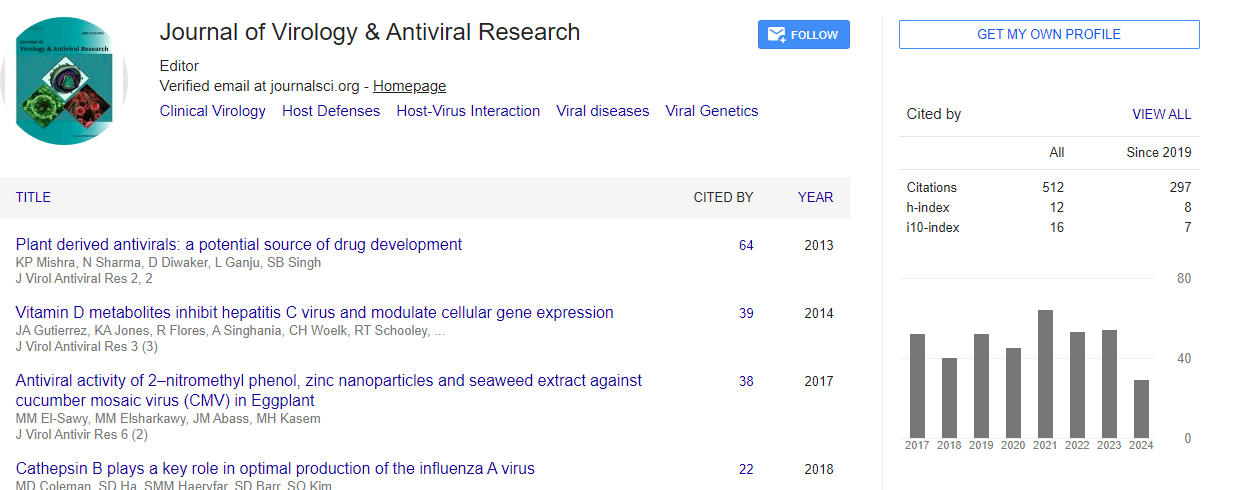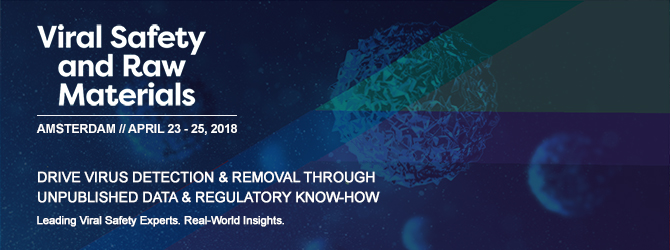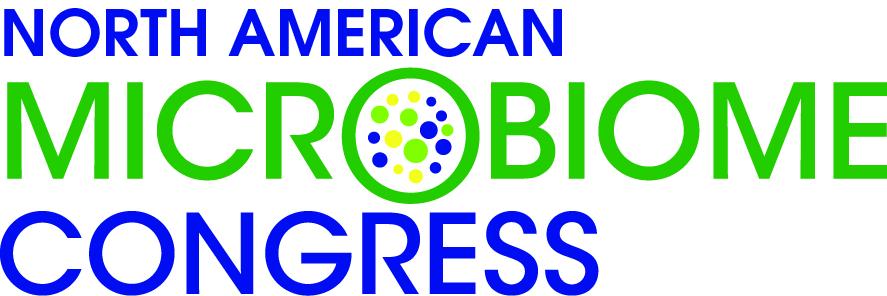Microbial-mineral interface of the extreme thermoacidophile Metallosphaera sedula, grown on terrestrial and extraterrestrial metal-bearing materials
Tetyana Milojevic
University of Vienna, Austria
: J Virol Antivir Res
Abstract
Metal oxidizing thermophiles represent a unique group of microorganisms, which can prosper in many different kinds of extreme environments using a broad range of energy sources inaccessible to other forms of life. The nature of the microbe-mineral interface, where electron and mass transfer processes arise, is a key element to understand how the transition of geochemistry to biochemistry occurs in extreme hot habitats. The extreme thermoacidophile Metallosphaera sedula is a versatile energy scavenger that flourishes in hot acid conditions utilizing various metal-bearing minerals to run its respiratory electron transport chain. Here we report the extracellular and intracellular biomineralization of M. sedula, grown on terrestrial (tungsten-bearing) and extraterrestrial (stony meteorite NWA 1172 and Martian regolith analogues) materials, as a result of biogeochemical interactions in between the microbe and mineral phase. When given access to these mineral materials, M. sedula releases metal ions into the solution due to its metal oxidizing metabolic activity. Relieved inorganic ions tend to accumulate on the surface of the microbial cells, forming mineral phase precipitates on the S-layer. Employing high-resolution transmission electron microscopy and a comprehensive set of analytical spectroscopy tools, we have performed ultrastructural analysis of M. sedula and resolved metal-microbial interface down to the nanometre scale. These studies have potential astrobiological implications for the detection of extinct or/and extant life, biomining of extraterrestrial resources and especially emphasize the role of chemolithotrophs as geobiological and bioleaching agents, which promote biomineralization and metal solubilization. M. sedula mediated bioprocessing of tungsten ores provides a low energy and low reagents-requiring alternative to hydrometallurgical or pyrometallurgical processes to break the tungsten-oxygen bond.
Biography
Tetyana Milojevic has her expertise in the area of metal-microbial-mineral interactions. Since 2014 she is a Deputy Head of the Department of Biophysical Chemistry at the Faculty of Chemistry, University of Vienna and a Leader of Extremophiles/Space Microbiology group investigating biotransformation of terrestrial and extraterrestrial minerals and microbial survivability in outer space environment.
E-mail: tetyana.milojevic@univie.ac.at
 Spanish
Spanish  Chinese
Chinese  Russian
Russian  German
German  French
French  Japanese
Japanese  Portuguese
Portuguese  Hindi
Hindi 

